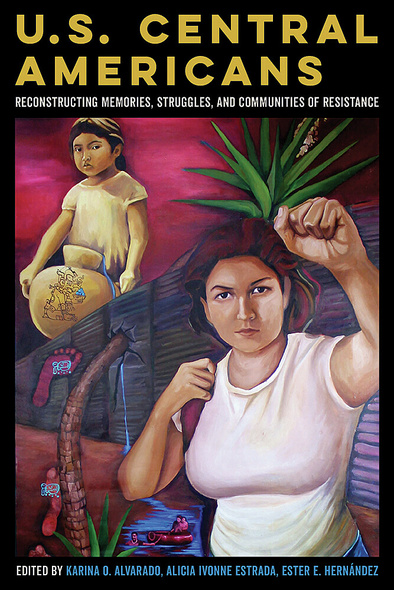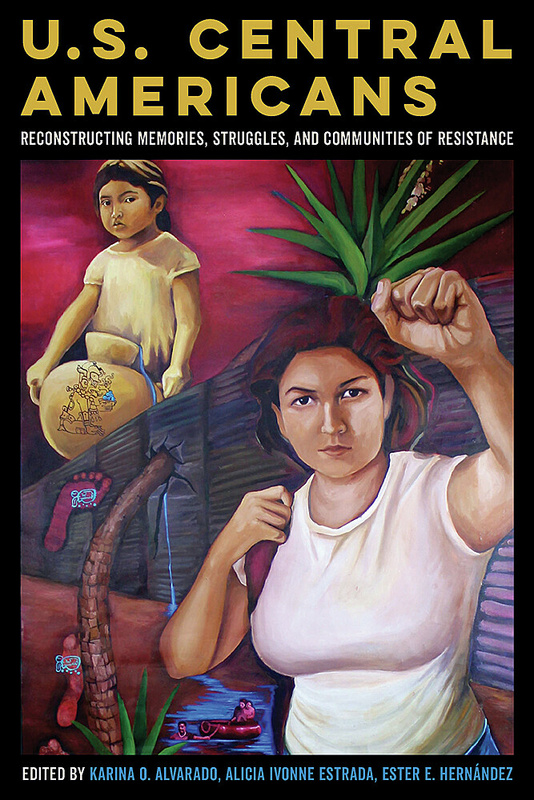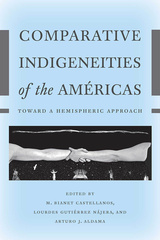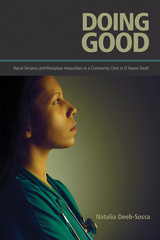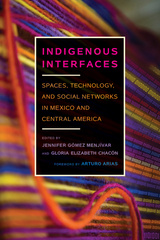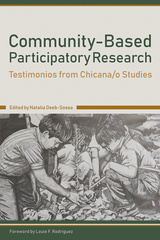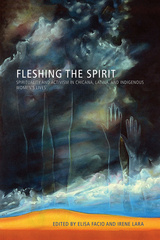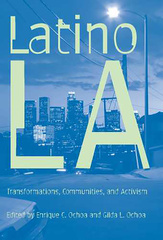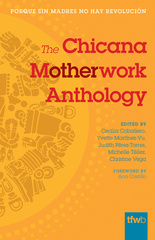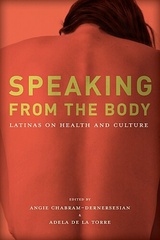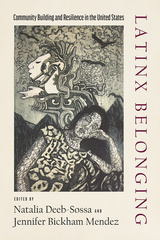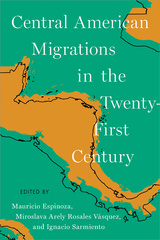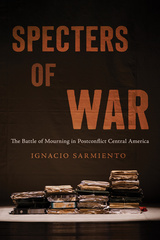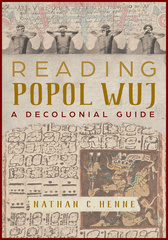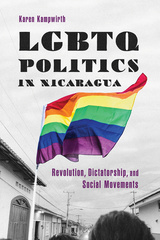U.S. Central Americans
Reconstructing Memories, Struggles, and Communities of Resistance
In summer 2014, a surge of unaccompanied child migrants from Central America to the United States gained mainstream visibility—yet migration from Central America has been happening for decades. U.S. Central Americans explores the shared yet distinctive experiences, histories, and cultures of 1.5-and second-generation Central Americans in the United States.
While much has been written about U.S. and Central American military, economic, and political relations, this is the first book to articulate the rich and dynamic cultures, stories, and historical memories of Central American communities in the United States. Contributors to this anthology—often writing from their own experiences as members of this community—articulate U.S. Central Americans’ unique identities as they also explore the contradictions found within this multivocal group.
Working from within Guatemalan, Salvadoran, and Maya communities, contributors to this critical study engage histories and transnational memories of Central Americans in public and intimate spaces through ethnographic, in-depth, semistructured, qualitative interviews, as well as literary and cultural analysis. The volume’s generational, spatial, urban, indigenous, women’s, migrant, and public and cultural memory foci contribute to the development of U.S. Central American thought, theory, and methods. Woven throughout the analysis, migrants’ own oral histories offer witness to the struggles of displacement, travel, navigation, and settlement of new terrain. This timely work addresses demographic changes both at universities and in cities throughout the United States.
U.S. Central Americans draws connections to fields of study such as history, political science, anthropology, ethnic studies, sociology, cultural studies, and literature, as well as diaspora and border studies. The volume is also accessible in size, scope, and language to educators and community and service workers wanting to know about their U.S. Central American families, neighbors, friends, students, employees, and clients.
Contributors:
Leisy Abrego
Karina O. Alvarado
Maritza E. Cárdenas
Alicia Ivonne Estrada
Ester E. Hernández
Floridalma Boj Lopez
Steven Osuna
Yajaira Padilla
Ana Patricia Rodríguez
[This book] helps to fill a void in scholarship and knowledge about the multiple histories, experiences, and forms of resistance of some Central American groups in the United States.’—Gilda L. Ochoa, author of Academic Profiling: Latinos, Asian Americans, and the Achievement Gap
Karina O. Alvarado is a lecturer in the Chicana and Chicano Studies Department at the University of California, Los Angeles. She was a University of California President’s Postdoctoral Fellow in the English Department at UCLA. Her articles on U.S. Central American, Chicana/o and Latina/o literature have been published in Studies in Twentieth and Twenty-First Century Literature and Latino Studies.
Alicia Ivonne Estrada is an associate professor of Chicana/o studies at California State University, Northridge. Her research focuses on Maya cultural productions in Guatemala and the United States. She has published articles on the Maya diaspora as well as contemporary Maya literature, film, and radio. Her work has appeared in Romance Notes, Latino Studies, Revista Canadiense de Estudios Hispánicos, among other journals and anthologies.
Ester E. Hernández is a professor of Chicana/o and Latina/o studies at California State University, Los Angeles. She has published in Journal of American Ethnic History and Economy and Society. She is the recipient of a Rockefeller Foundation Humanities Fellowship, and she has served on the executive boards of the Coalition for Humane Immigrant Rights of Los Angeles (2010 to present) and Mujeres Activas en Letras y Cambio Social (2011 to 2013).
Acknowledgments
Introduction: U.S. Central American (Un)Belongings
Karina O. Alvarado, Ivonne Estrada, And Esester E. Hernández
PART I. GENERATIONAL ORAL HISTORIES OF EDUCATION, AND GENDERED LABOR AND RESISTANCE LITERATURE
1 Salvadoran Immigrant Acts and Migration to San Francisco (circa 1960s and ’70s)
Ana Patricia Rodríguez
2 Hard Work Alone Is Not Enough: Blocked Mobility for Salvadoran Women in the United States
Leisy Abrego
3 “Obstinate Transnational Memories”: How Oral Histories Shape Salvadoran-Mexican Subjectivities
Steven Osuna
4 A Gynealogy of Cigua Resistance: La Ciguanaba, Prudencia Ayala, and Leticia Hernández-Linares in Conversation
Karina O. Alvarado
PART II. DIVERSITY AND MEMORY: CREATING COUNTER- HEGEMONIC SPACES AND PRACTICES IN PUBLIC PLACES
5 Performing Centralaméricanismo: Isthmian Identities at the COFECA Independence Day Parade
Maritza E. Cardenas
6 Remembering Through Cultural Interventions: Mapping Central Americans in L.A. Public Spaces
Ester E. Hernández
7 (Re)Claiming Public Space and Place: Maya Community Formation in Westlake/MacArthur Park
Alicia Ivonne Estrada
8 Weavings That Rupture: The Possibility of Contesting Settler Colonialism Through Cultural Retention Among the Maya Diaspora
Floridalma Boj Lopez
9 Illegal Chickens: The Art of Branding Poultry in Central American Los Angeles
Yajra Padilla
10 Critical Reflections on U.S. Central American Studies for the Future
Karina O. Alvarado, Ivonne Estrada, and Esester E. Hernández
Contributors
Index

